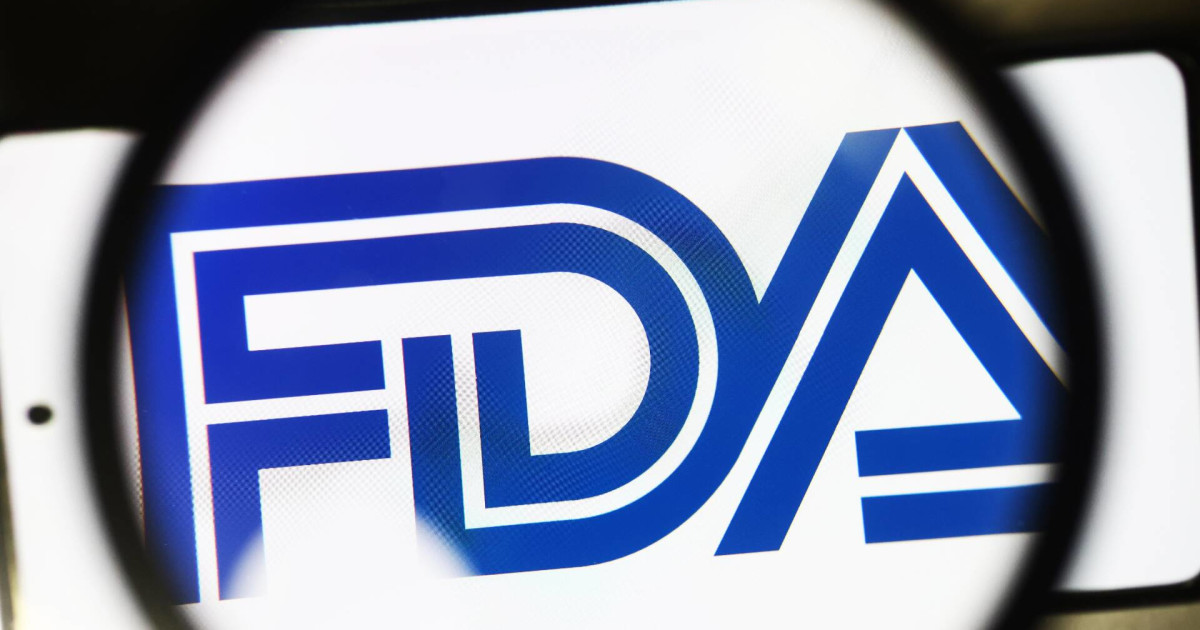Copyright The Street

Key Points Undeclared allergens and microbial contamination are top causes of food recalls in the US. Voluntary recalls are industry-initiated; mandatory recalls occur if companies refuse corrective action. Recalls are costly, impact reputations, and consumers should always heed recall instructions. The leading cause of food recalls is undeclared allergens, such as when ingredients including peanuts, eggs, soy, or shellfish contaminate a product. Microbial contamination is another leading cause, when a pathogen like salmonella, E. coli, or listeria gets into a food. If a food is contaminated with foreign material (like glass or plastic) or chemicals (such as cleaning products), it can also be recalled. When a food product is unsafe — whether due to contamination, mislabeling, or undeclared allergens — the public hears that it has been “recalled.” But not all recalls are created equal, and there can be confusion about what a recall means. A key distinction is whether a recall is voluntary or mandatory. Though the terms may sound similar, the difference has real implications for regulation, brand risk, and consumer protection. What is a voluntary FDA recall? A voluntary recall occurs when the manufacturer, distributor, or importer of a product takes the initiative to remove the product or correct its defects, without being compelled by a government agency’s direct order. In the U.S., the vast majority of food recalls that fall into this category are issued by the Food and Drug Administration (FDA) or the Food Safety and Inspection Service, which is part of the United States Department of Agriculture (USDA). Sometimes, both agencies issue the recall. Make no mistake: From a regulatory perspective, “voluntary” does not mean “optional” when it comes to recalls. The product violates federal food laws — specifically, it is “adulterated” or “misbranded” — so removal or correction is legally required, even though the manufacturer or producer initiates the action. Automotive Ford keeps breaking records in the worst way with latest recall Ford is issuing yet another recall for a popular brand. Tony Owusu F What makes voluntary recalls common? A company that identifies a hazard can act quickly, retain greater control over messaging and logistics, and avoid the reputational or legal fallout tied to enforcement action. Agencies such as the FSIS/USDA will oversee the recall process, but the FDA leads the effort, including issuing recall announcements. For consumers, a voluntary recall often signals the company is proactively managing risk — though it requires trust that the company will act promptly and fully. Delays or incomplete action can erode consumer confidence quickly. There can be confusion around the difference between voluntary and mandatory recalls because “FDA has mandatory recall authority for foods and other commodities, including medical devices, certain biologics, tobacco, and cosmetics — meaning that the FDA can order a company to conduct a recall for those products,” Dr. Ileana Elder, branch chief in the Incidents, Recalls, and Shortages Branch within the Office of Compliance in FDA’s Center for Drug Evaluation and Research, told the FDA. “But for most drugs, a recall is a voluntary action. That’s why in most recall notices you’ll see a statement that says, ‘This recall is being conducted with the knowledge of the U.S. Food and Drug Administration,'” she said. Notable voluntary recall cases from the last few years: Daily Harvest French Lentil + Leek Crumbles (2022): After dozens of consumers reported gastrointestinal illness, the company issued a voluntary recall of 28,000 units. Following the recall, a class-action settlement of $7.67 million was reached in January 2025, according to recall news site Actumo. Boar’s Head Deli Meats (July 2024): This devastating voluntary recall involved over 7 million pounds of deli meats contaminated with listeria, and was ultimately linked to 10 deaths. The recall resulted in a $3.1 million class-action settlement, according to Claim Depot. Costco Kirkland Brand prosecco (2025): Recalled in 2025 after unopened bottles began exploding. What is a mandatory FDA recall? A mandatory recall occurs when a regulatory agency compels a company to remove or correct a product because there is a “reasonable probability” that consuming it will cause serious adverse health consequences or death — and the company has failed or refused to act voluntarily. Thanks to the Food Safety Modernization Act (FSMA) of 2011, the FDA gained explicit mandatory recall authority for food products manufactured in facilities required to register under the Federal Food, Drug & Cosmetic Act. Mandatory recalls are rare. Before issuing one, the agency must first allow the firm to voluntarily recall the product. They are typically used when companies ignore warnings, delay action, or conceal hazards, as explained in Food Safety Magazine. Why the distinction between mandatory and voluntary recalls matters Understanding the difference between mandatory and voluntary recalls matters for: Regulatory oversight: Voluntary recalls allow firms to act swiftly; mandatory recalls give regulators backstop power. Public perception: When a company voluntarily recalls a product, the public perception is that the company is responsible. A mandatory recalls suggests it is failing to police and remedy mistakes. Legal and brand consequences: Mandatory recalls carry higher penalties, increased legal exposure, and a significant reputational impact. Consumer action: Regardless of recall type, consumers should heed instructions: avoid the product, follow disposal/return directions, and stay informed. How much do FDA recalls cost U.S. businesses? Food recalls are expensive, and costs vary widely by product type and recall scale: Label errors in U.S. food recalls in 2024 cost the industry an estimated US $1.92 billion in direct recall expenses, based on approximately 422 recall events costing an average of $10 million per event. Source: New Food Magazine A report shows that between 2020 and 2023, food recalls (by USDA & FDA) rose from around 450 to more than 545 events — more than a 20% increase. Source: Food Safety The number of total product recall events in the U.S. across five key industries in 2024 was 3,232, the second-highest in six years. Source: Sedgwick Brand Protection Recall Index When a product hits the market that could harm consumers, manufacturers are the first line of defense through voluntary recalls. When that system fails, regulators can invoke mandatory recall authority, though it is rarely used. For brands, the distinction affects regulatory relationships, legal exposure, and reputation. For consumers, the takeaway is simple: If a product is recalled, act immediately, whether the recall is voluntary or mandatory. In today’s environment, recalls are common, costly, and serious, underscoring the importance of vigilance in both the boardroom and the kitchen. Retail Urgent candy recall ahead of Halloween The candy bars may have been contaminated with peanuts and cashews. Dana Sullivan Kilroy About the authors Dana Sullivan Kilroy has been a writer and editor for more than 20 years. She covers travel, retail, technology, and Las Vegas entertainment for TheStreet. Her work has appeared in The New York Times, Real Simple, Self, Outside, BabyCenter, Everyday Health, and WebMD. Dana holds a Master’s in Journalism from the University of Nevada, Reno, and a Bachelor’s in English Literature from UCLA. She lives in Nevada and can be reached via email here. Celine is an experienced writer and editor covering news, features, academic/research, and legal topics for over 20 years. At TheStreet.com, Celine is a senior editor with experience across retail, stocks, investing, personal finance, technology, the economy, and travel.



